
Jim and Jan discuss the importance of compassion and courage in having difficult conversations. They emphasize the need for empathy, mutual solutions, and bi-directional dialogue. Jim and Jan also provide tips for creating a positive environment for such discussions, including clear expectations, empathy, and core values. They highlight the impact of small actions and encourage listeners not to be neutral in situations of injustice.
Key Takeaways
[02:18] Jim and Jan delve into the significance of having the courage to engage in difficult conversations. They also touch on the fear that comes with these conversations and how it can be a warning sign to address.
[09:47] Jim and Jan stress the need for empathy and finding mutual solutions in these conversations instead of just pointing out problems. They also acknowledge that difficult conversations are a two-way street and require forgiveness and bi-directional dialogue to be effective. They highlight the importance of approaching tough conversations with respect, understanding, validation, active problem-solving, and follow-up.
[17:33] They discuss the challenges of having difficult conversations in organizations and offer tips on how to create a more positive environment for them. This includes setting clear expectations, using empathy and questions to facilitate collaboration, and focusing on core values like kindness, honesty, fairness, discipline, curiosity, and gratitude.
[23:18] The importance of running effective meetings is also discussed as a key factor in reducing the burden of excessive meetings while increasing productivity and engagement. They advise to treat people with respect and seek meaningful connections through shared values and purpose when engaging in communicating.
[28:37] Jim and Jan also give three things that you would have to remember when it comes to these tough and difficult conversations. Also, some closing thoughts for Jim and Jan about having a difficult conversation.
[35:31] Closing quote: Remember, if you are neutral in situations of injustice, you have chosen the side of the oppressor. If an elephant has its foot on the tail of a mouse and you say that you are neutral, the mouse will not appreciate your neutrality. — Desmond Tutu
The Leadership Podcast is sponsored by W.S. Darley & Company.
Founded in 1908, Darley remains a family owned and operated business, providing the highest quality equipment solutions to our country’s warfighters and firefighters.
Learn more at darley.com and darleydefense.com
Quotable Quotes
"If you care enough, you'll have the courage. If you don't care, the fear will override." Click To Tweet "Fear is such a strong signal to our logical brain." Click To Tweet "I just always try to put myself in the other person's shoes. Just say, like, hey, let me just play this out. If I were to receive this message, how do I think I'd react?" Click To Tweet "Tough conversations can be challenging, but approaching them with empathy or spec and a focus on finding solutions can greatly improve the outcome and foster positive relationships." Click To Tweet "We have to take responsibility for it being misinterpreted and ensure that our intentions come across in our words and deeds." Click To Tweet "Difficult conversations are not one way, they're a two-way street." Click To Tweet "We can create a positive environment where difficult conversations aren't difficult." Click To Tweet "Let's not react, but let's respond with thought." Click To Tweet "When we let our emotions and reactions govern how we hear and address things, it doesn't serve us well." Click To Tweet "Difficult conversations can occur in meetings, and collaboration is important." Click To Tweet "What's not being said is as important as what is being said." Click To Tweet "Expectation setting for people is a difficult conversation." Click To Tweet "Put yourself in the other person's shoes and have it be a process that you're collaborating on something rather than telling." Click To Tweet "My three would be similar: respect, use questions to help that person self-discover, and use questions to brainstorm on possible solutions together." Click To Tweet "The better we get at asking really good questions I think that's the road to righteousness." Click To Tweet "If you are neutral in situations of injustice, you have chosen the side of the oppressor. If an elephant has its foot on the tail of a mouse and you say that you are neutral, the mouse will not appreciate your neutrality." -… Click To Tweet
These are the books mentioned in Jim and Jan’s podcasts.
Resources Mentioned
- Sponsored by | www.darley.com
- Rafti Advisors. LLC | www.raftiadvisors.com
- Self-Reliant Leadership. LLC | selfreliantleadership.com
- TLP 309: This Author Has Written More About Meetings Than Anyone
- TLP124: How to Make Difficult Conversations… Easier
- “5 Strategies to infuse D&I into Your Organization,” HBR








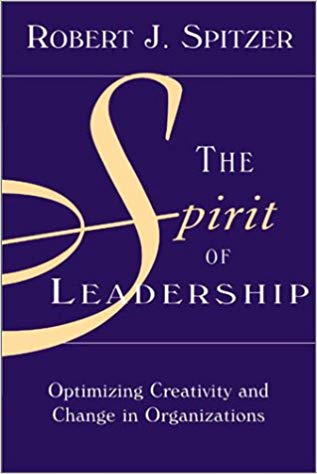
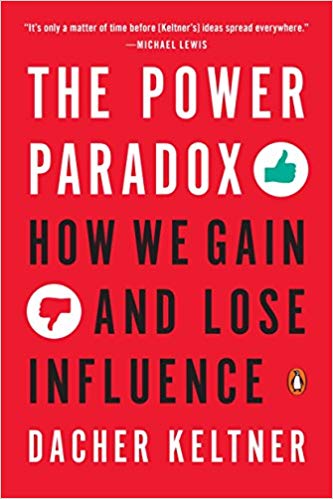

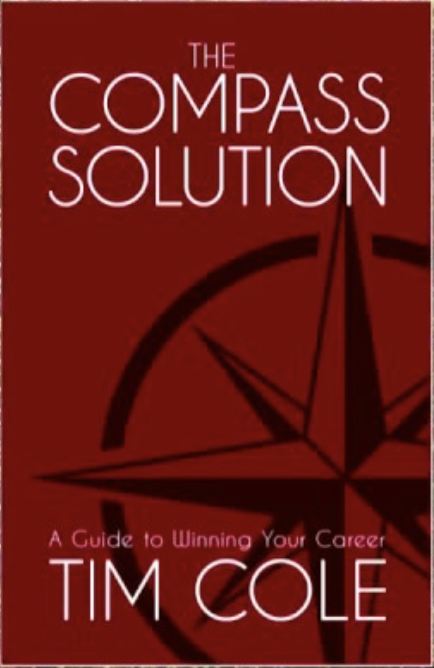


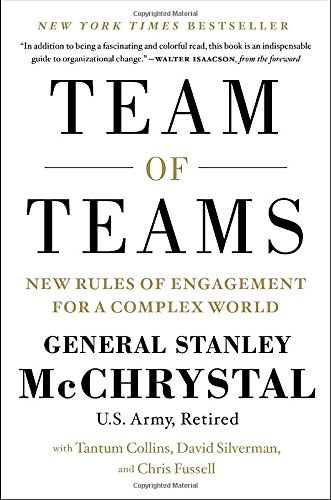
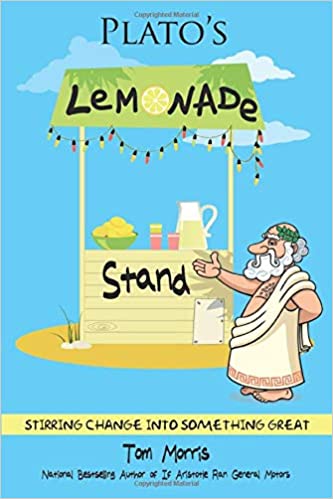




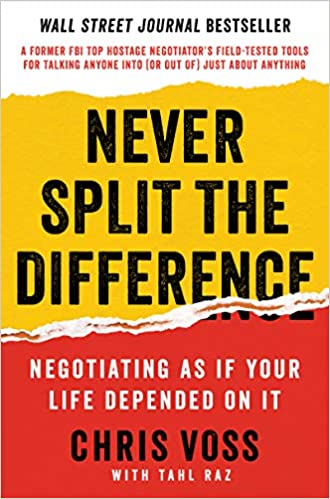
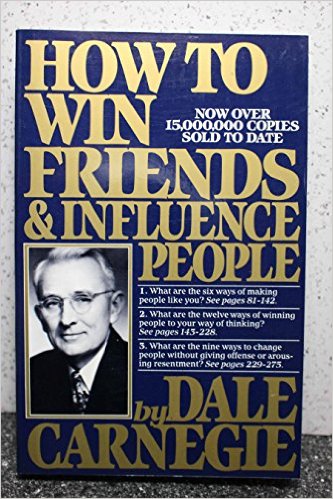
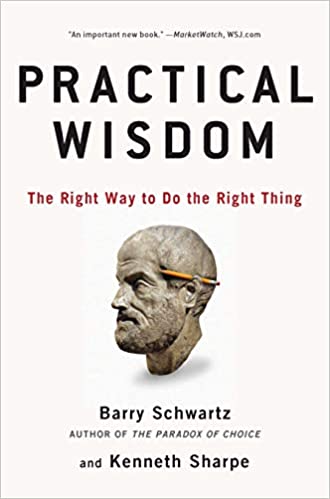
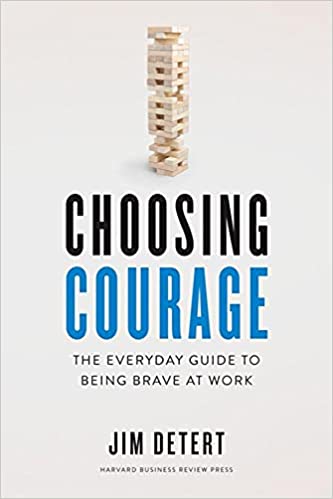
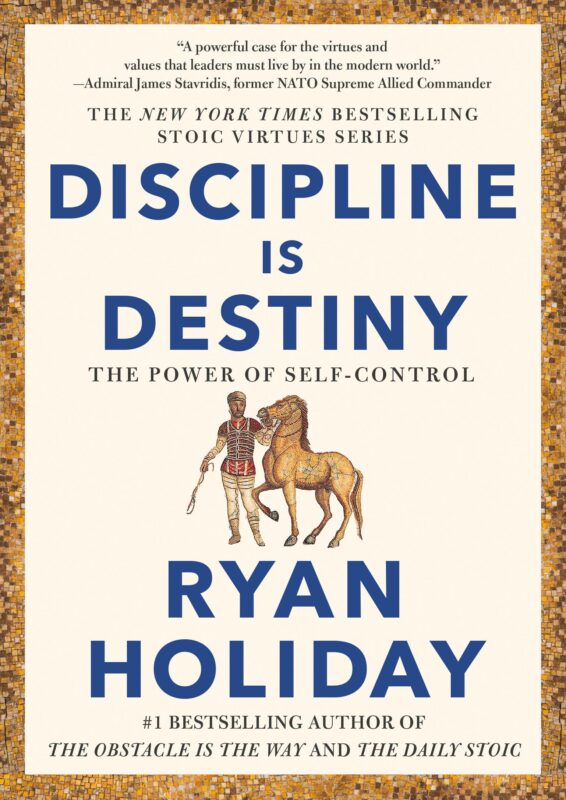
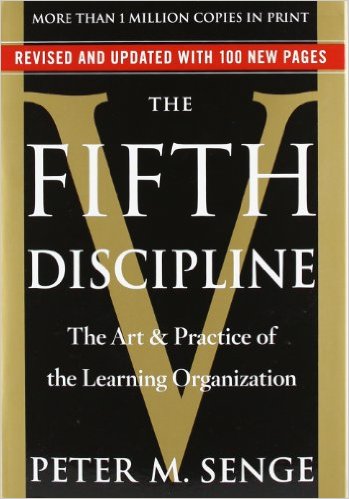
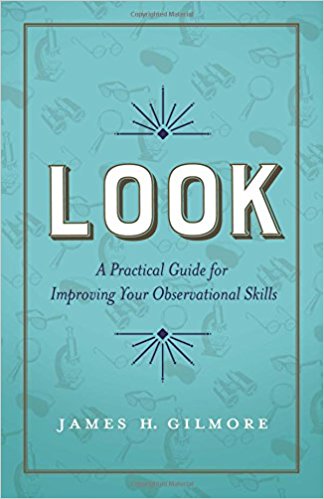

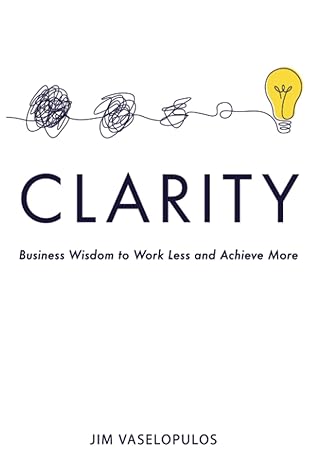


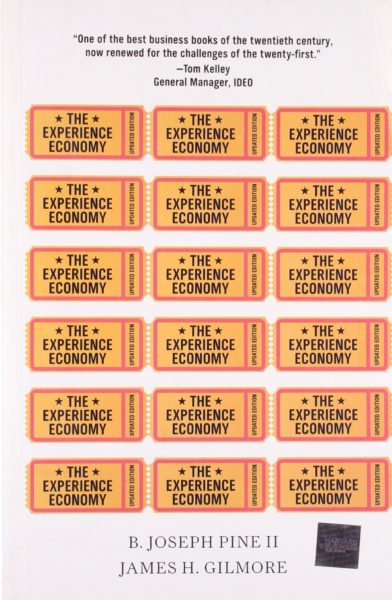

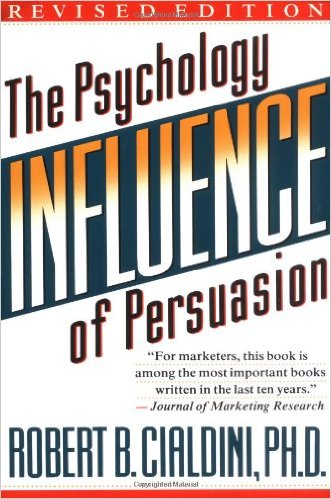

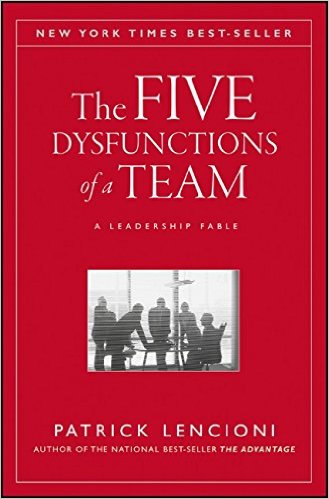

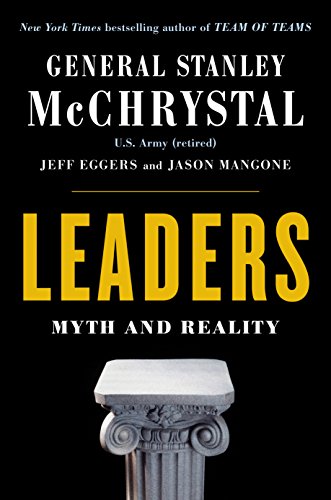

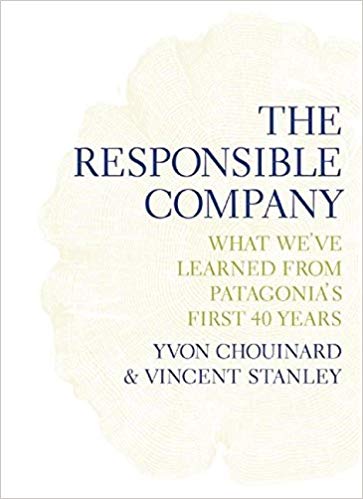


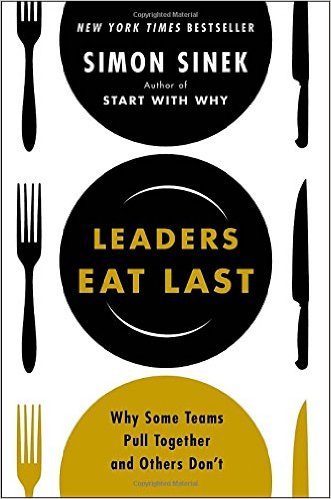
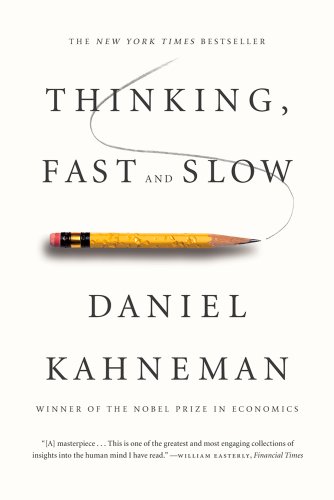
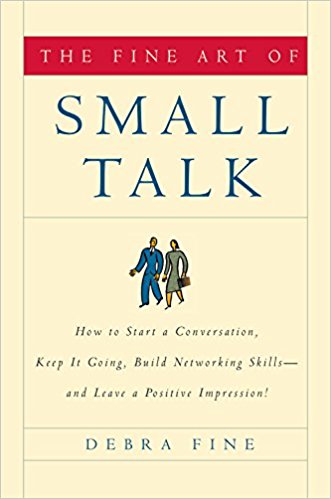
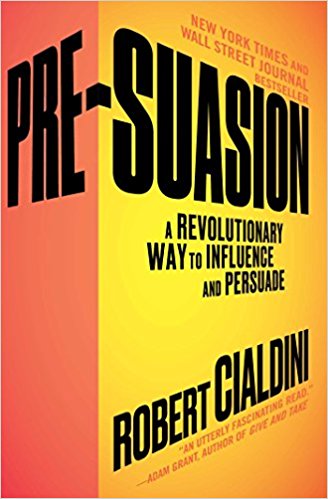
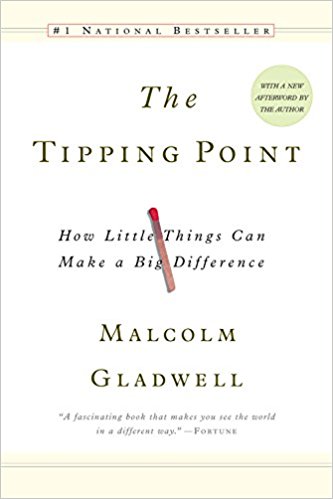

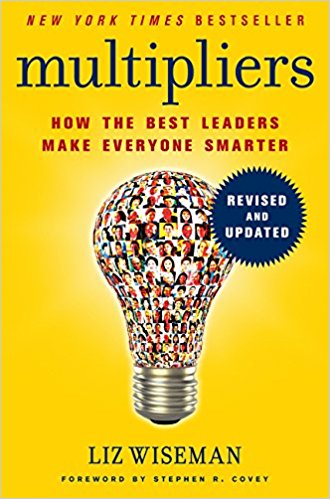



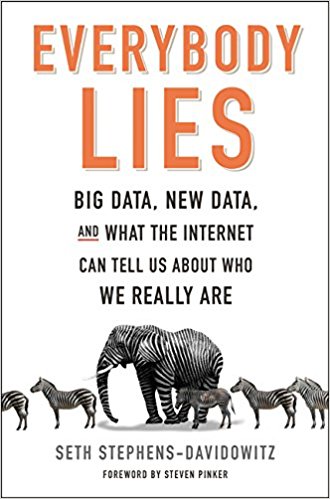
Recent Comments